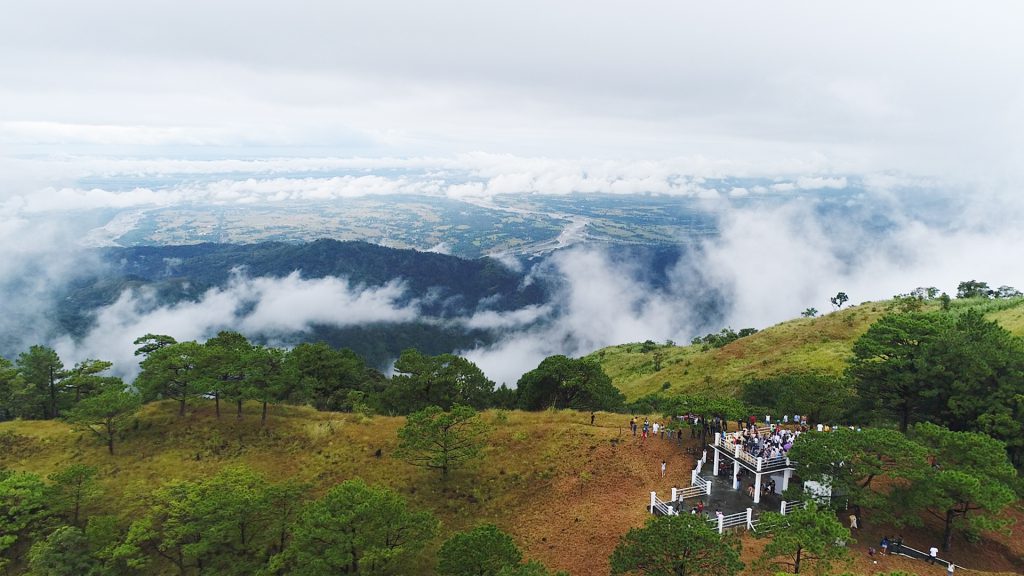About the Program | Academic Information | Costs & Funding | Application | Program Leaders
The NEXT OFFERING is Solsona, SPAIN
This will involve an online course in Fall 2025 and travel at the end of Fall term.
Current trends such as global change will require natural resource disciplines to expand their scientific basis and possibly shift their dominant paradigms to adopt a broader view of the systems they manage as complex social-ecological systems. Explore forests as complex adaptive systems in an international context through this graduate field course that has previously been offered in Oregon, Canada, and Italy.
This graduate-only field course will be held in Solsona, Catalan, Spain. Following an online course, students will travel to engage their new skills in practice. Past courses have focused on forest restoration and management as well as forest degradation in old-growth forests. Throughout the week-long field program, there will also be an emphasis on collaboration, both in the exercises students will complete and through informal research presentations by the leaders and students to receive input and feedback on projects.
Students will be asked to expand their scientific basis by borrowing theories and concepts from other disciplines, such as complexity theory, as they grapple with the issues of management of natural resources in a time of global change. Students need training in these paradigms and will learn to incorporate concepts such as thresholds, uncertainty, and cross-scale interactions into management or restoration prescriptions. This course provides field exercises that link theoretical concepts from complexity science to applied forest management and restoration issues. The groups will complete a series of exercises, which challenge students to apply theoretical concepts from complexity science in real world settings. Each exercise ends in group presentations and class discussions. Exercises are designed to build on each other and assess different aspects of the overall learning goals.
If you would like to stay up to date on this program, please reach out to Rachael Fahrenbach (rachael.fahrenbach@oregonstate.edu) and ask to be contacted when updates and finalized details are available.
This faculty-led program is available to ALL OSU GRADUATE STUDENTS
This includes all graduate majors and campuses, including E-campus, Cascades, dually enrolled students at partner Community Colleges, and our main campus in Corvallis. Because these programs are short-term, they tend to bring together diverse groups of graduate and undergraduate students, online and campus-based learners, students of different ages, majors, and life experiences. That diversity makes group interaction so much richer because there are so many different perspectives.
